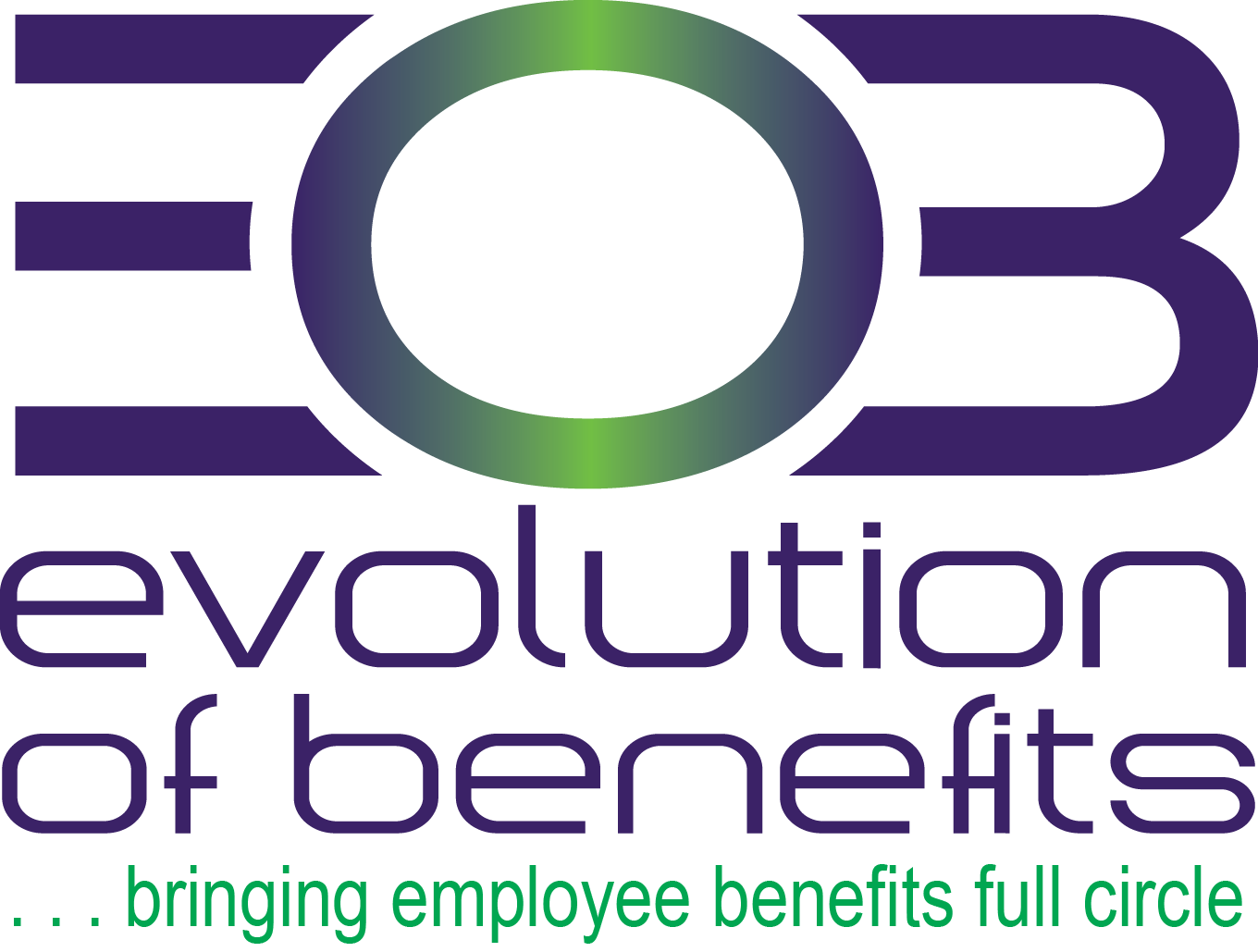In the Loop – July

Biden Administration Cancels $7.7 Billion in Student Debt for 160,000 Borrowers
On May 21, 2024, President Joe Biden announced that an additional 160,000 Americans would get
their student debt—a collective $7.7 billion—canceled. With this move, the Biden-Harris administration has offered a total of $167 billion in loan forgiveness to 4.75 million Americans.
Benefits Buzz – PCORI Fees are Due by July 31st and Group Health Plan Fiduciary Litigation on the Rise

The Affordable Care Act requires employers with self-funded health plans and health insurance issuers to pay Patient-Centered Outcomes Research Institute fees (PCORI fees). The fees are reported and paid annually using IRS Form 720, the Quarterly Federal Excise Tax Return. Form 720 and full payment of the PCORI fees are due by July 31 of each year and generally covers plan years that end during the preceding calendar year.
The Employee Retirement Income Security Act of 1974 (ERISA) includes strict standards of conduct for fiduciaries, those who manage employee benefit plans and their assets. A new class action lawsuit
highlights the importance of employers’ adherence to their fiduciary duties when managing their group health plans.
Benefits Buzz – HSA/HDHP Limits Will Increase for 2025

On May 9, 2024, the IRS released Revenue Procedure 2024-25 to provide the inflation-adjusted limits for health savings accounts (HSAs) and high deductible health plans (HDHPs) for 2025. The IRS is required to publish these limits by June 1 of each year.
Effective Dec. 23, 2024, the final rule prohibits regulated entities from using or disclosing PHI for the criminal, civil or administrative investigation of (or proceeding against) any person in connection with seeking, obtaining, providing or facilitating reproductive health care where such health care is lawful under the circumstances in which it is provided.
Benefits Buzz – Health Plans Must Expand Price Comparison Tool for 2024

Beginning in 2024, group health plans and health insurance issuers must expand the internet-based price comparison tool they make available to participants, beneficiaries and enrollees so that it includes all covered items, services and drugs. The purpose of this tool is to provide consumers with real-time estimates of their cost-sharing liability from different providers for covered items and services so they can shop and compare prices before receiving care.
Benefits Buzz – FDA Approves First Over-the-Counter Daily Oral Contraceptive

On July 13, 2023, the U.S. Food and Drug Administration (FDA) announced that it approved the first nonprescription daily oral contraceptive to prevent pregnancy. This drug is expected to become available to consumers without a prescription from stores and online retailers in early 2024.
Insurance Coverage
The Affordable Care Act (ACA) requires most group health plans and health insurance issuers to provide first-dollar coverage of certain specified preventive services for women, including all FDA-approved contraceptives, as prescribed by a health care provider.
Benefits Buzz – Gag Clause Attestations Are Due by Dec. 31, 2023

On Feb. 23, 2023, the Departments of Labor, Health and Human Services and the Treasury (Departments) issued FAQs on the prohibition of gag clauses under the transparency provisions of the Consolidated Appropriations Act, 2021 (CAA). These FAQs require health plans and health insurance issuers to submit their first attestation of compliance with the CAA’s prohibition of gag clauses by Dec. 31, 2023.
Effective Dec. 27, 2020, the CAA prohibits health plans and issuers from entering into contracts with health care providers, third-party administrators (TPAs) or other service providers that would restrict the plan or issuer from providing, accessing or sharing certain information about provider price and quality and deidentified claims.
Benefits Buzz – White House Announces End of COVID-19 Emergency

On Jan. 30, 2023, the Biden administration announced that it plans to end the COVID-19 public health emergency (PHE) and national emergency on May 11, 2023.
The COVID-19 PHE and national emergency were declared in early 2020 and have been extended numerous times since then. The Biden administration intends to extend the emergency periods until May 11, 2023, and then end both periods on that date. According to the White House, this timeline supports an orderly wind-down of emergency measures and aligns with its commitment to give at least 60 days’ notice before the termination of the PHE.
Benefits Buzz – Congress Extends Telehealth Relief for HDHPs

The Consolidated Appropriations Act, 2023 (CAA) extends the ability of high deductible health plans (HDHPs) to provide benefits for telehealth or other remote care services before plan deductibles have been met without jeopardizing health savings account (HSA) eligibility. This extension applies for plan years beginning after Dec. 31, 2022, and before Jan. 1, 2025.
Background
In general, telehealth programs that provide free or reduced-cost medical benefits before the HDHP deductible is satisfied are disqualifying coverage for purposes of HSA eligibility. However, the Coronavirus Aid, Relief and Economic Security Act (CARES Act) allowed HDHPs to provide benefits for telehealth or other remote care services before plan deductibles were met, effective for plan years beginning before Jan. 1, 2022.
Benefits Buzz – IRS Finalizes Deadline Extension for Furnishing ACA Statements

On Dec. 12, 2022, the IRS released a final rule that extends the annual furnishing deadlines for Sections 6055 and 6056 reporting under the Affordable Care Act (ACA). This rule finalizes guidance that was proposed by the IRS in December 2021 with minor clarifications. Specifically, the rule:
Finalizes the 30-day automatic extension to the due date for furnishing statements to individuals under Sections 6055 and 6056.
Confirms the availability of an alternate method for furnishing statements to individuals under Section 6055 for every year in which the individual mandate penalty is zero.
Benefits Buzz – Prescription Drug Reporting Due by Dec. 27, 2022

A new transparency provision requires employer-sponsored health plans and health insurance issuers to annually report information about prescription drugs and health care spending to the federal government. This reporting process is referred to as the “prescription drug data collection” (or “RxDC report”).
The first RxDC report is due by Dec. 27, 2022, and covers data for 2020 and 2021. Going forward, the annual deadline for the RxDC report is June 1. This means that the second RxDC report is due by June 1, 2023, covering data for 2022




















